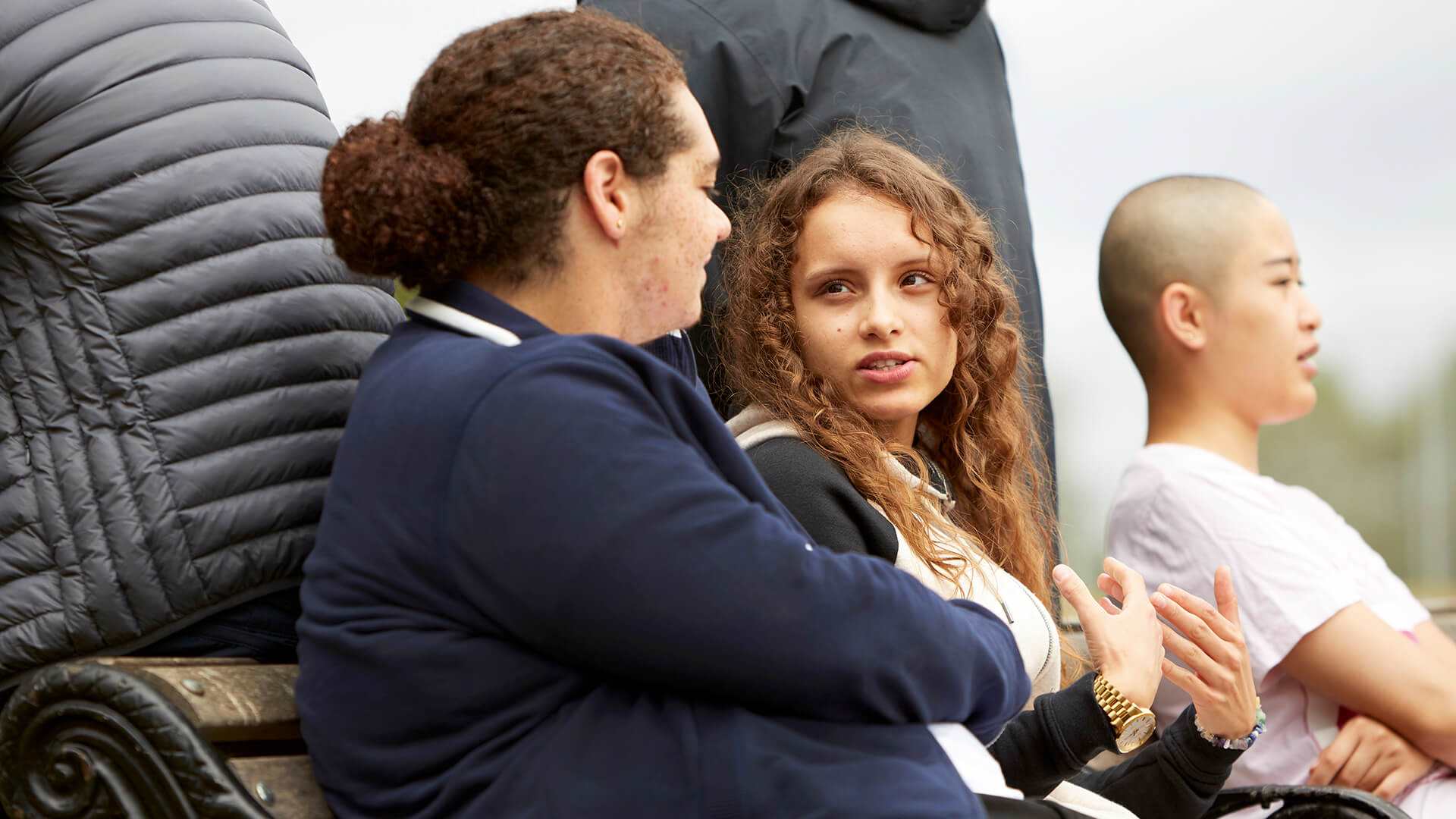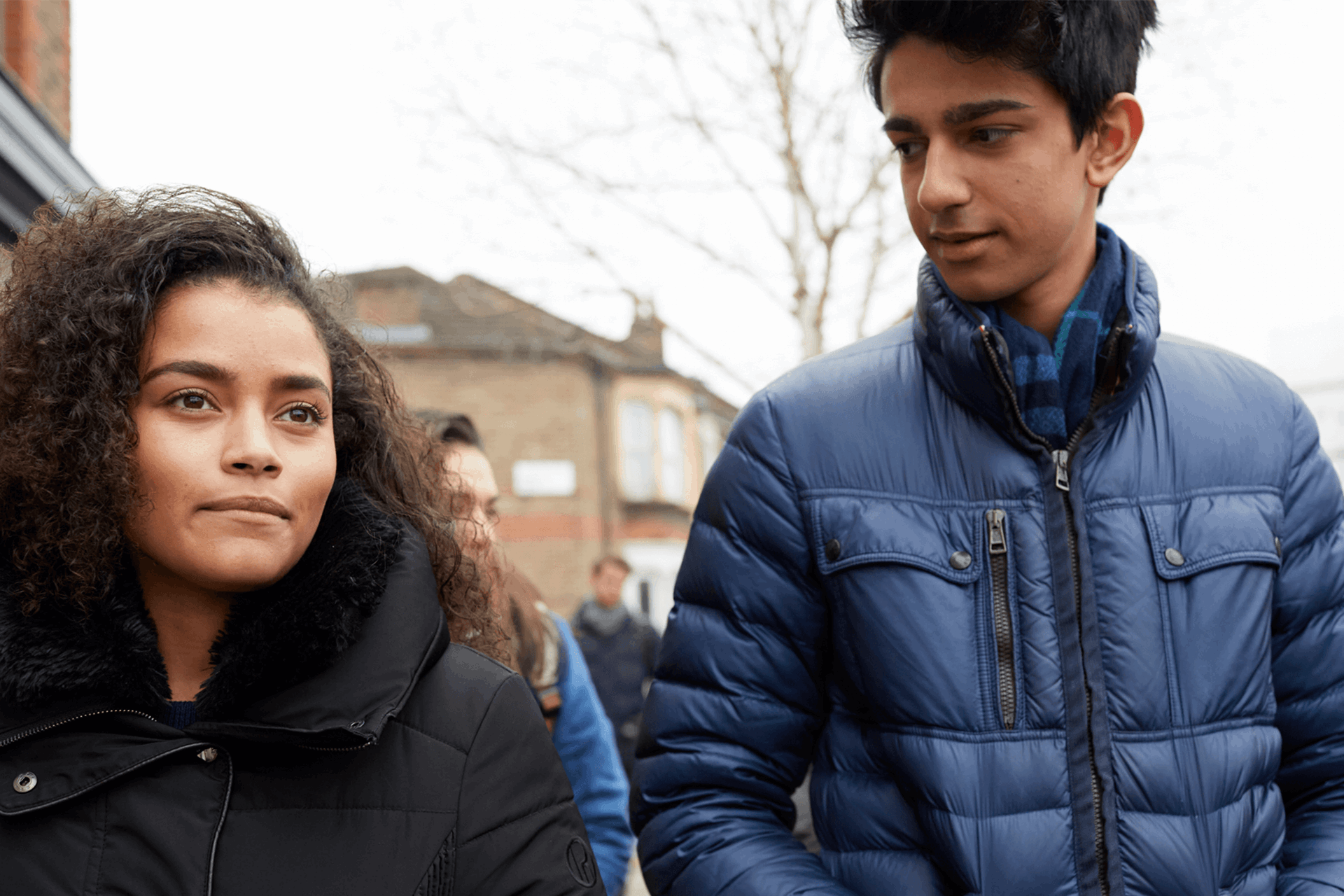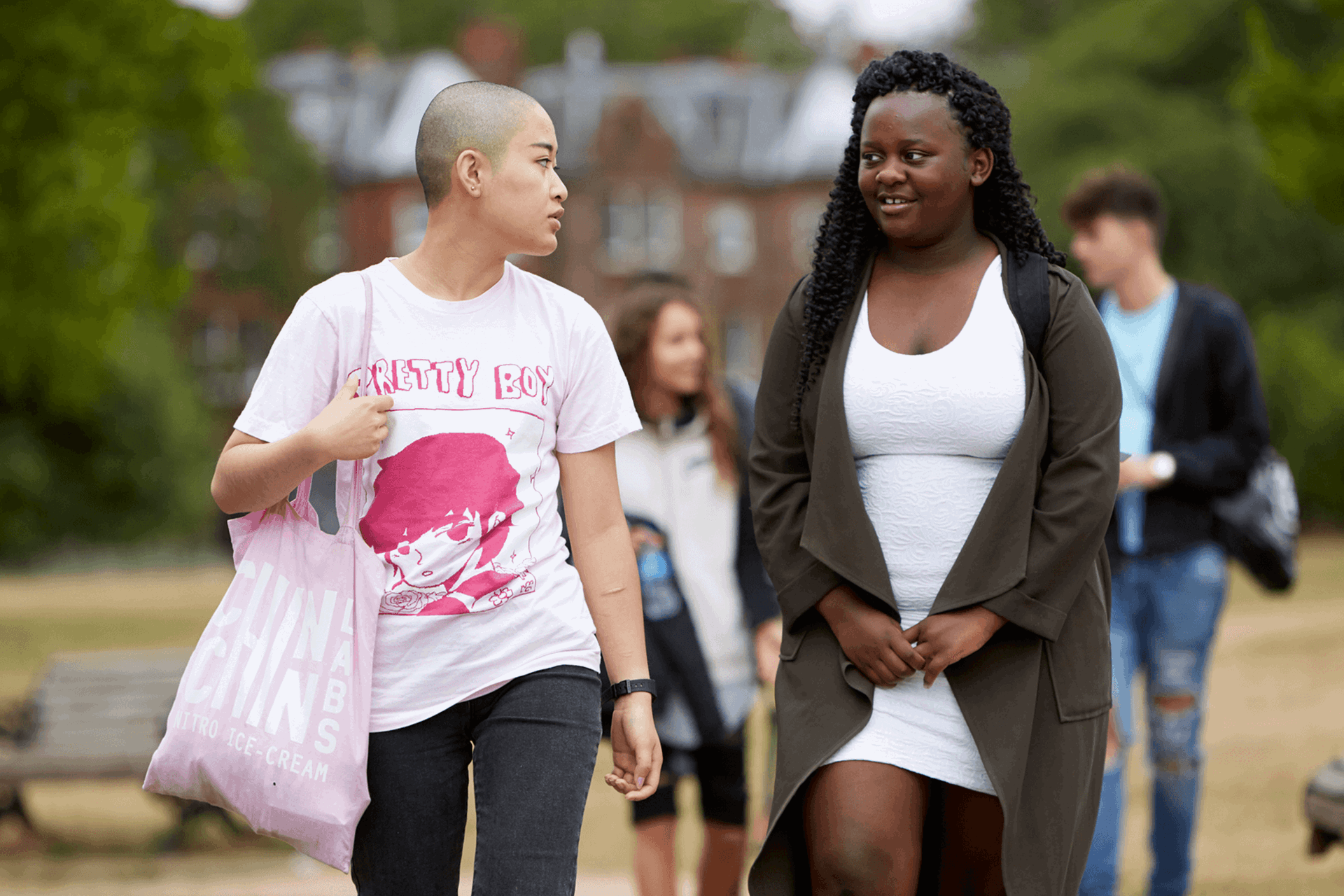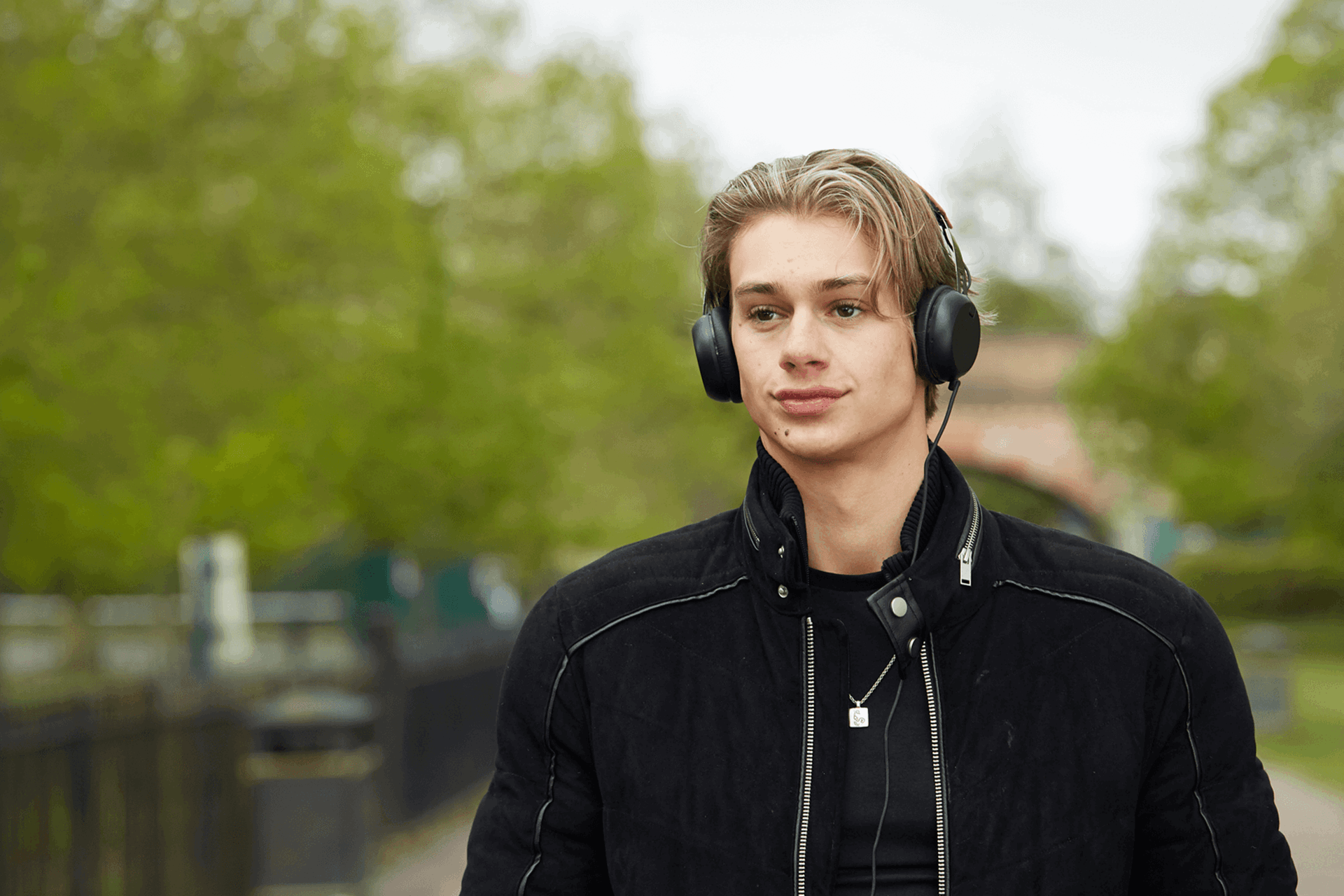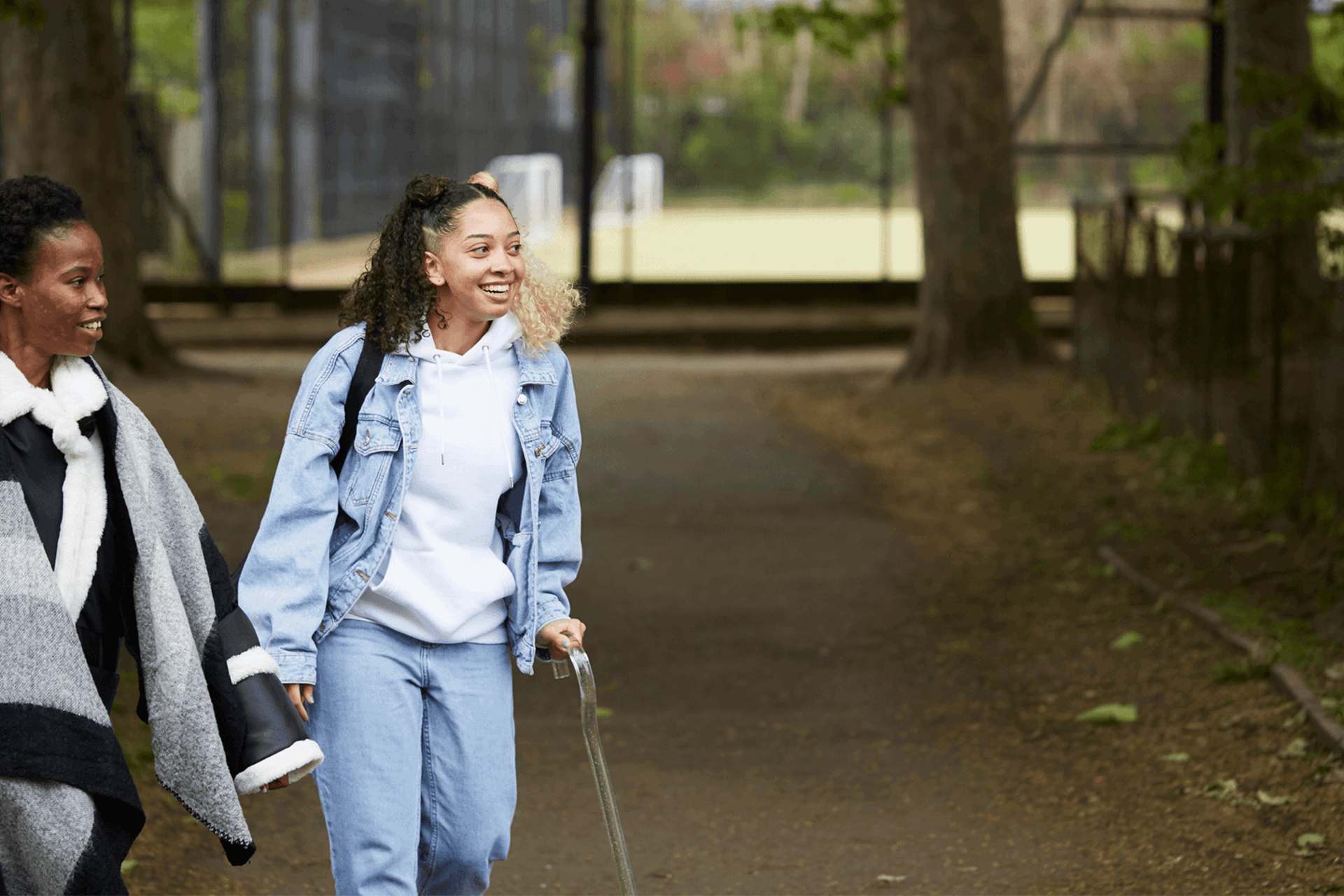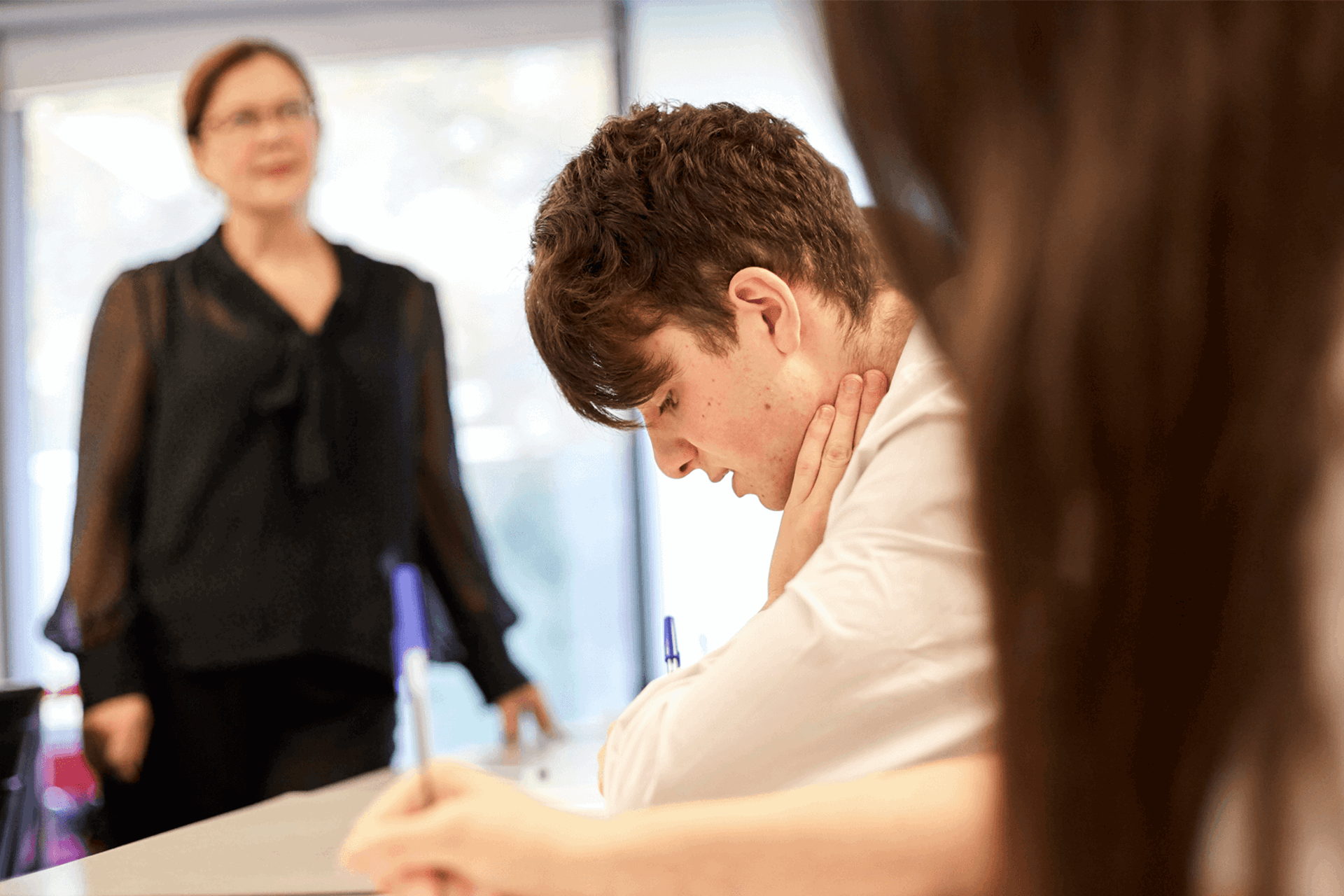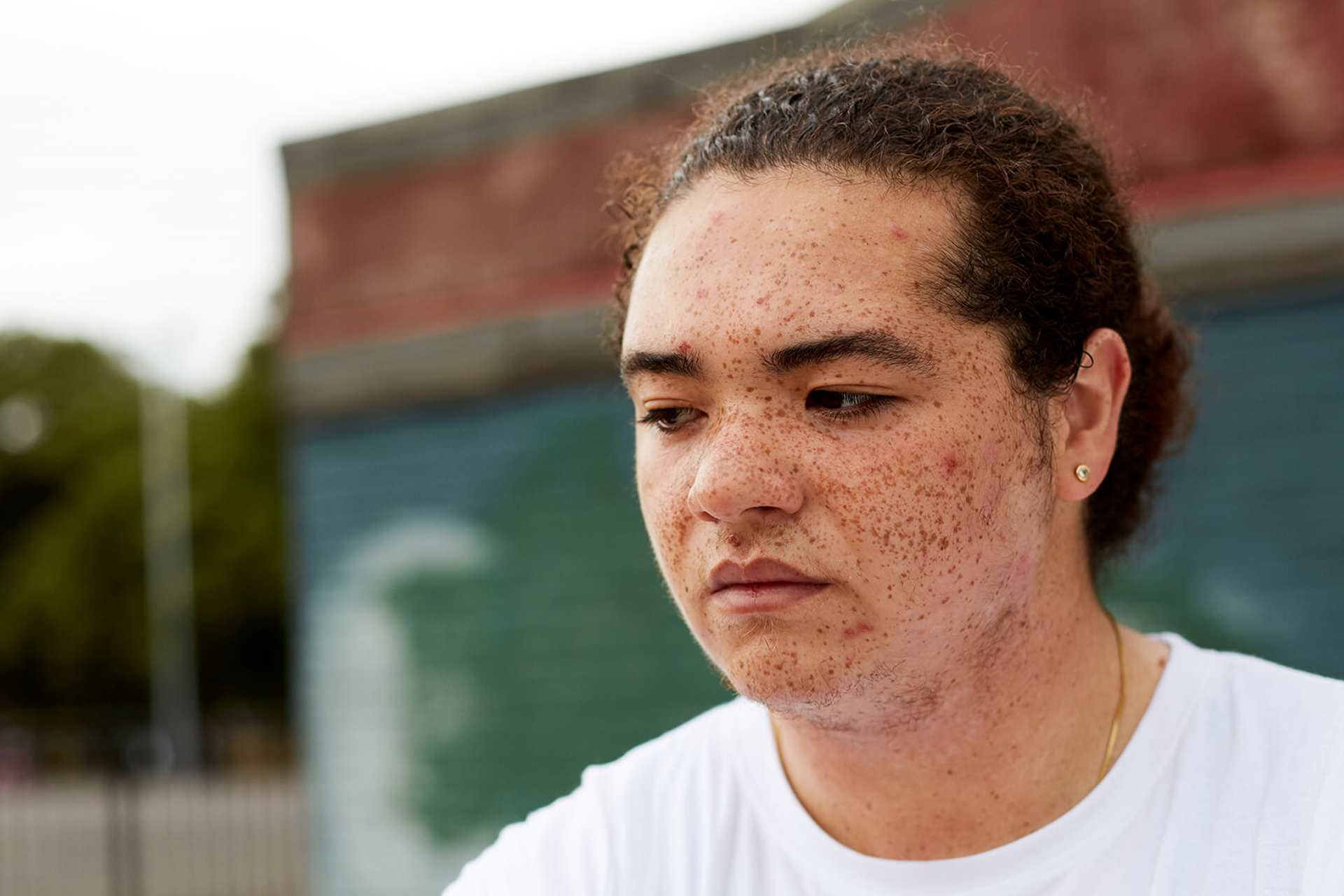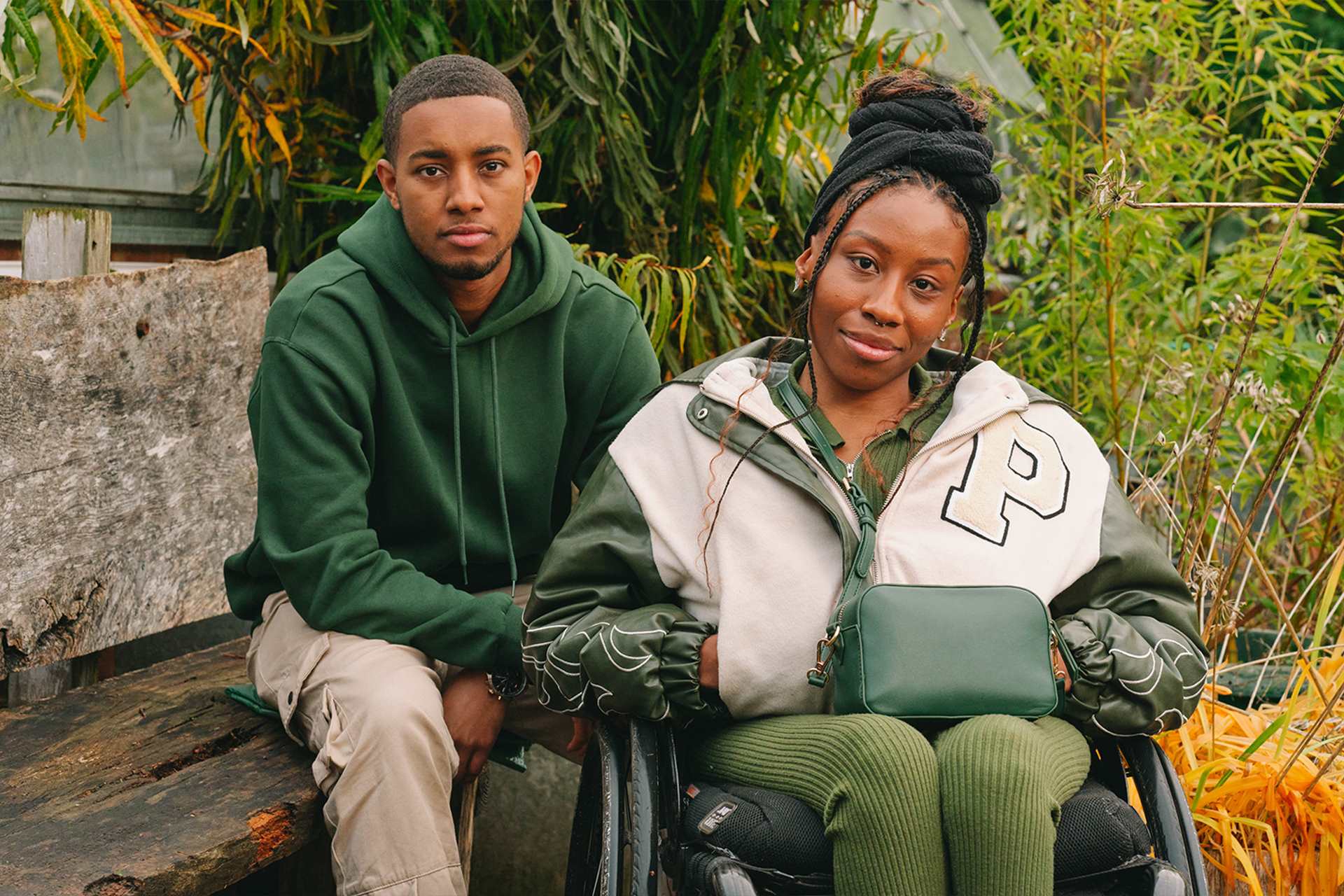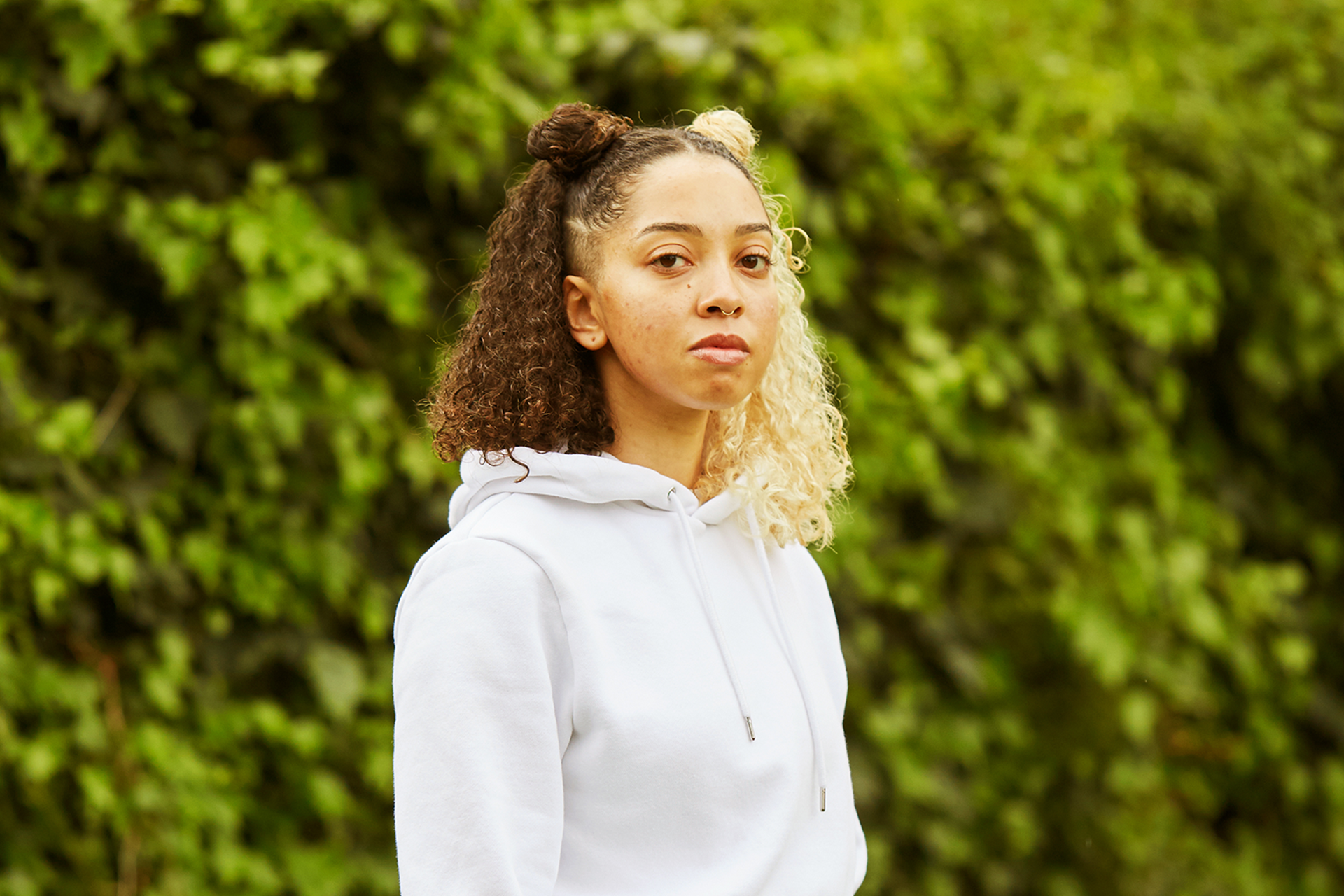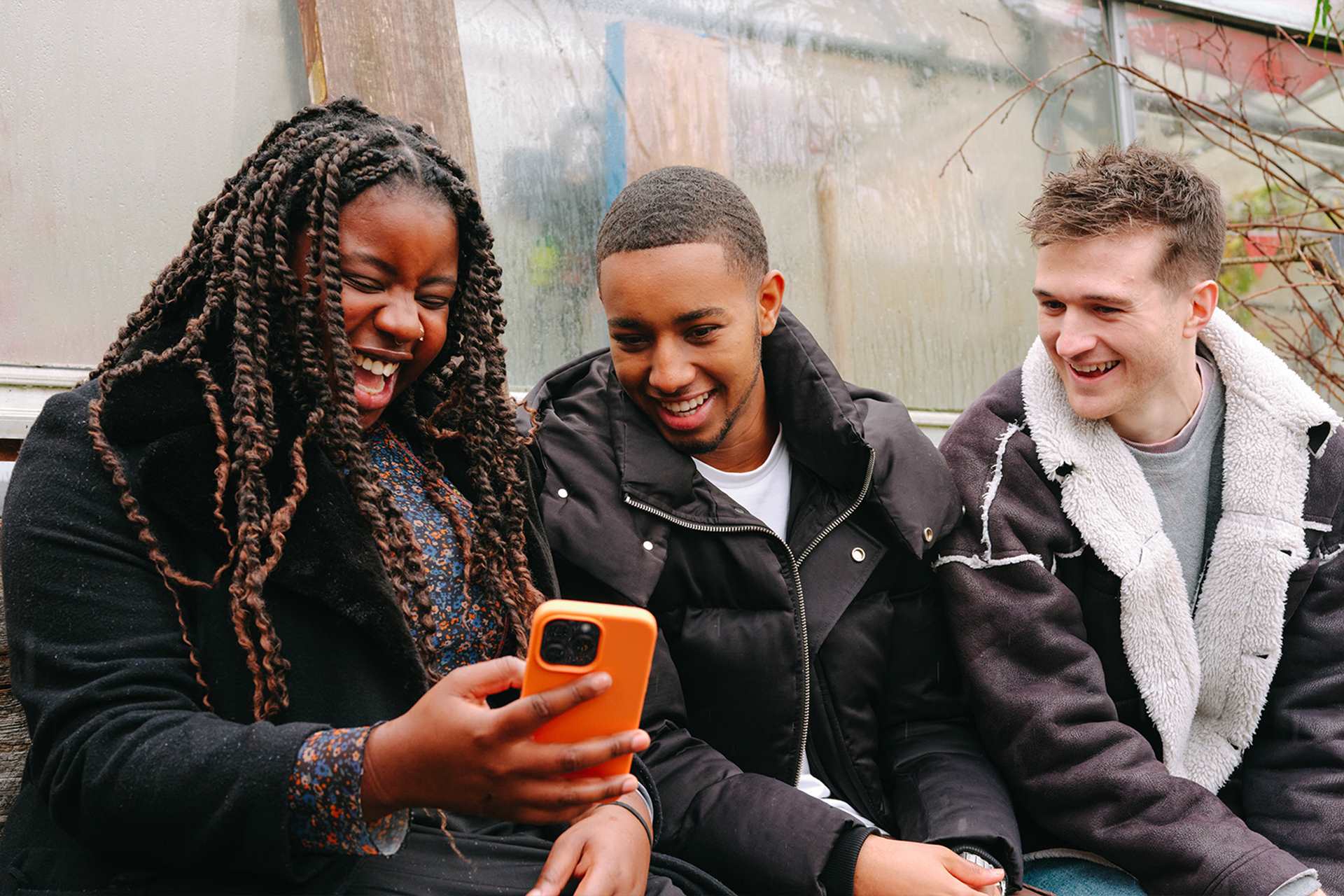Topics mentioned: disability and mental health, self-esteem, self-care, school
About: Sophie explains why she struggled with self-confidence and being assertive as a young disabled person, and what she wishes she could tell her younger self.
I constantly tried to hide my leg supports. I would attempt to do activities that I knew I shouldn’t to try and hide my disability.
Growing up it seemed to me that my disability was quite obvious. From having to use lifts to get upstairs to wearing leg supports, I constantly felt like everyone could see my disability. I thought they were judging me or making fun of me for the things I had to do because of it.
As I hit my teenage years, I constantly tried to hide my leg supports. I would attempt to do activities that I knew I shouldn’t to try and hide my disability. This meant over-exerting myself and paying for it in the following days, just so I could try and fit in with my peers.
I have a particular memory of doing this on sports day in primary school. I was signed up to do a running race, something that I knew I couldn’t do, but instead of speaking up for myself, I took part in the race. I ended up really tiring myself out just to make sure that people were not judging me for not being able to do it.
I know what activities I can and shouldn’t do, and I’ve learnt to speak up for myself if I need help or can’t do something.
I remember being really upset with myself that I didn’t feel confident enough to say that I couldn’t do it. I just let myself do it instead and suffered the pain and tiredness in the days that followed.
But now that I’m older and I’ve had the opportunity to learn more about disability, it’s something that I’m proud of. I don’t try to hide it or worry about other people’s opinions anymore. I am me and I just happen to have a disability.
Over time I have been able to develop my own boundaries. I know what activities I can and shouldn’t do, and I’ve learnt to speak up for myself if I need help or can’t do something.
What I wish I could tell my younger self
If I could write a letter to my younger self, or to someone worrying about their disability in the same ways I did, I would say:
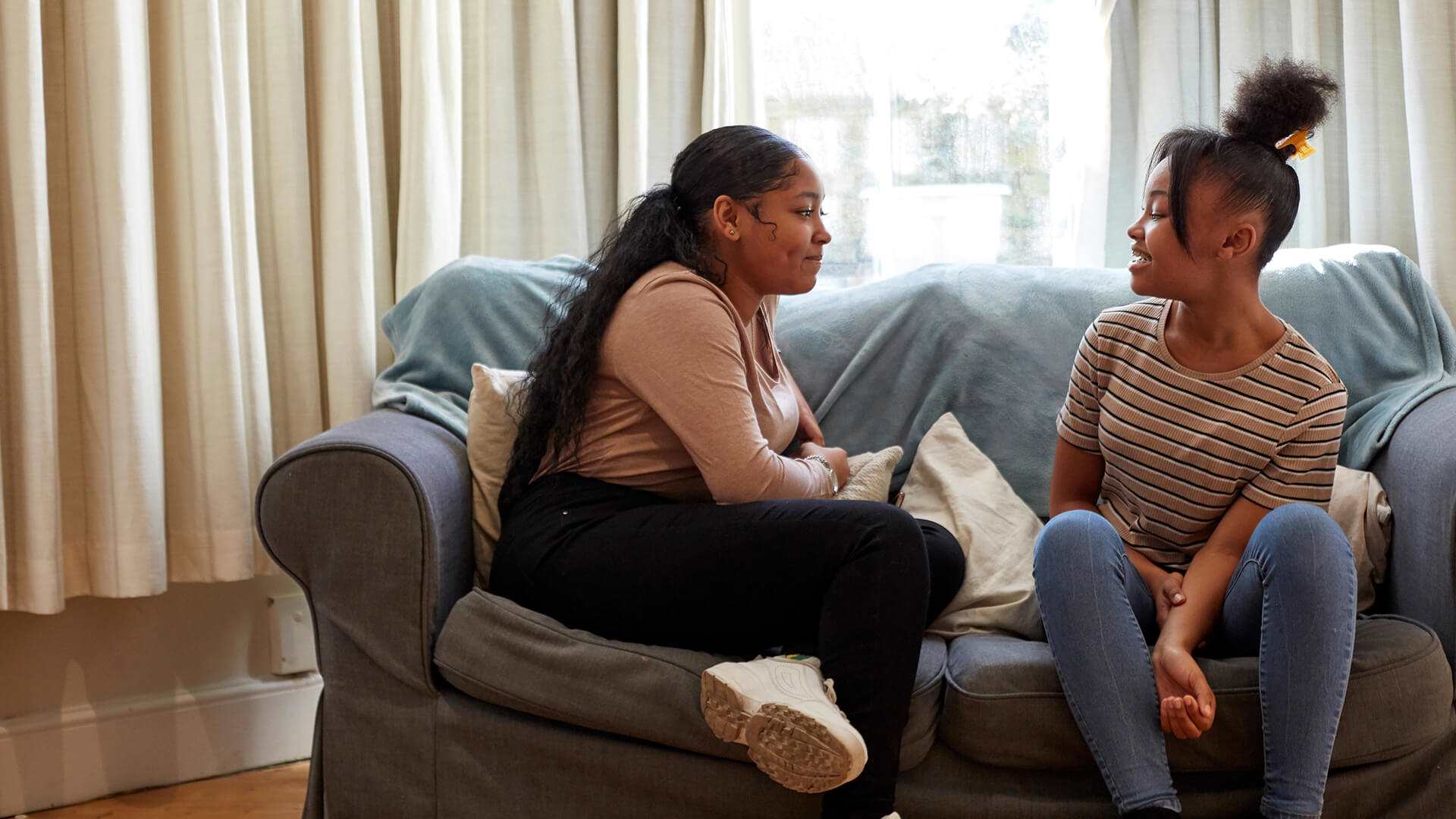
Be proud of your disability, because it’s part of what makes you unique and special. Don’t try to overwork yourself or push yourself to do things that you know will affect you.
Be yourself and try not to hide. You think people are staring at you because of your disability, but they’re not. They are on their own life path that comes with their own worries and insecurities.
You might not be able to see them, but everybody has things that they feel self-conscious about and worry other people notice too. That’s why it’s so important to be kind to yourself and others.
It doesn’t make you any less of a person because you can’t do a certain activity. It makes you strong because you can voice your needs and stand by yourself.
If you get signed up for something or are offered an opportunity to do something that you know you will struggle to do, it’s okay to say no or change your mind.
At the end of the day, you have got to do what is right for you and take care of yourself. It doesn’t make you any less of a person because you can’t do a certain activity. It makes you strong because you can voice your needs and stand by yourself.
Above all, believe in yourself, because you can do anything you put your mind to. You are brave, you are strong, and you are powerful.
You can do anything you put your mind to.
More information and advice
We have tips and advice to help you find the support you need. Take a look at our guides.
Where to get help
However you're feeling, there are people who can help you if you are struggling. Here are some services that can support you.
-
Childline
If you’re under 19 you can confidentially call, chat online or email about any problem big or small.
Sign up for a free Childline locker (real name or email address not needed) to use their free 1-2-1 counsellor chat and email support service.
Can provide a BSL interpreter if you are deaf or hearing-impaired.
Hosts online message boards where you can share your experiences, have fun and get support from other young people in similar situations.
- Opening times:
- 24/7
-
CALM (Campaign Against Living Miserably)
Provides support to anyone aged 16+ who is feeling down and needs to talk or find information.
Free webchat service available.
Read information about the helpline and how it works.
- Opening times:
- 5pm - midnight, 365 days a year
